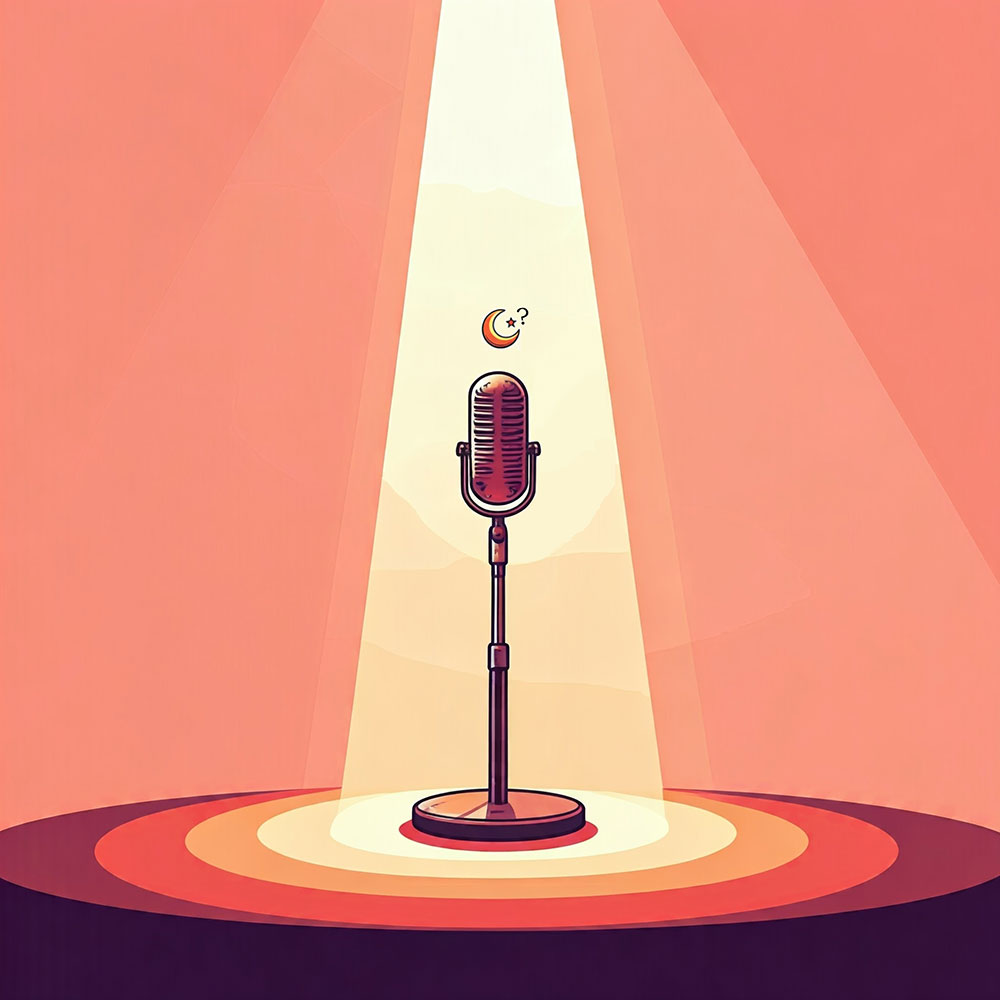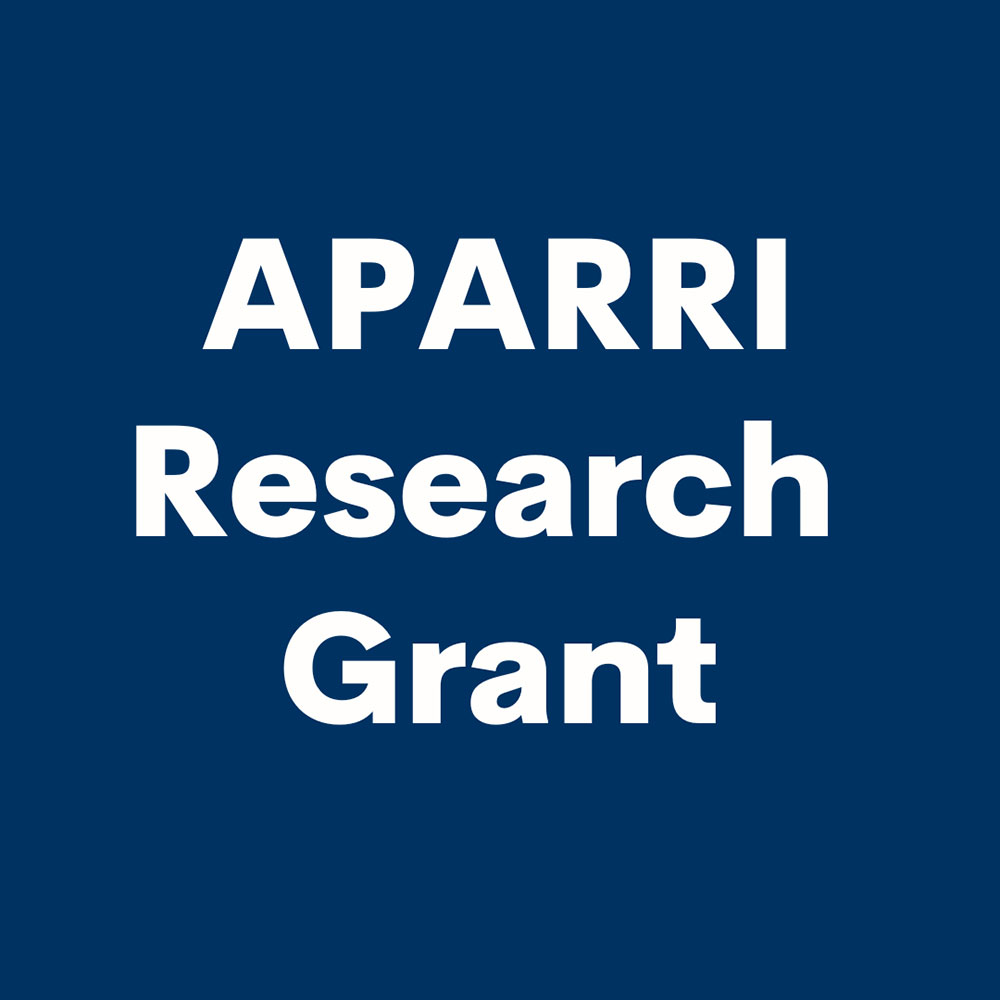
American Muslim Humor and the Politics of Secularity
Samah Choudhury
Assistant Professor, Islamic Studies
Ithaca College
American Muslim Humor and the Politics of Secularity will be the first book-length analysis of contemporary American Muslim standup comedy as an embodied performance of secular communication. It explores how a sense of humor has come to be thought of as a civic and cultural expectation in secular societies and why Muslims are consistently figured as lacking this critical comportment of modern personhood. By examining the standup comedy routines, television shows, and films produced by South Asian American Muslim comedians between 2010 and 2020, this project seeks to understnad how these performers cultivate a funny Muslim self that displaces stereotypes about Islamic terrorism, violence, and misogyny while also providing a representation of the Islam that ultimately aligns with – and is limited to – hegemonic state visions of multiculturalism and diversity.
Keywords: Muslim, Performance, Secularism, South Asian, Stereotypes

The Romance of American Democracy: Asian American Fiction as Secular Scripture
Kathy Chow
PhD Candidate, Religious Studies
Yale University
This dissertation research is on the formation of American democratic community as narrated in the genre of the romance. Arguing that the romance of American democracy is the secular scripture of American political life, this project traces the origin of the romance of American democracy to the American Romantics (Thoreau, Emerson, and Whitman); and then then track how the romance has been taken up in Asian American fiction. Two chapters examine the remarriage plot in the Daniels’ Everything Everywhere All At Once (2022) and Chang-rae Lee’s Native Speaker (1995), and the romanticization of the American landscape in C. Pam Zhang’s How Much of These Hills Is Gold (2020) and Lee Isaac Chung’s Minari (2020). By juxtaposing American Romanticism and Asian American fiction to theorize the secular scripture of democracy, the project pioneers a new method in Asian American religious studies that offers an alternative beyond liberal multicultural projects.
Keywords: Asian American, Democracy, Literature, Secularism
